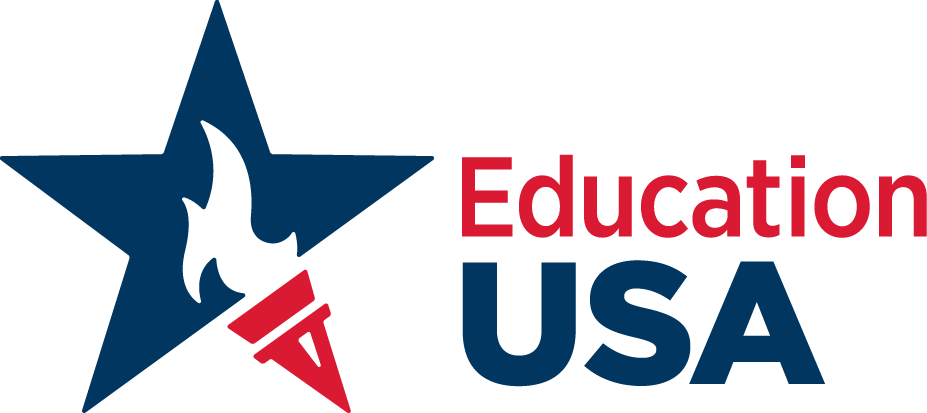Higher education in the United States means education beyond the secondary school level, or beyond the 12 years normally required to complete elementary and secondary studies. Higher education degrees are divided into three general categories: associate degrees (typically two years in length, leading to vocational or technical employment); undergraduate degrees (typically four to five years in length, leading to bachelor’s degrees in a wide range of fields); and graduate degrees (education beyond the bachelor’s level, including master’s, specialist and doctoral degrees). Visiting (student) researcher programs, post-doctoral positions, and teaching appointments also exist.
There are less than 15 accredited institutions of higher education in Belgium that offer graduate degrees, while there are over 1000 in the United States. That means the first step to any US university search is deciding what factors are important to you so that you can narrow down your list of choices.
Before we introduce you to some of these search engines, it is important to know which graduate degree you wish to pursue. The two main graduate degrees in the United States are the master’s degree and the doctoral degree. Both degrees involve a combination of research and coursework and are characterized by in-depth training and specialized instruction. Compared with undergraduate programs, study and learning are more self-directed at the graduate level.
Master’s degrees
Master’s degrees are usually one to three years in length and may be academic {e.g., master of arts (MA) or master of science (MS)} or professional {e.g., master of business administration (MBA), master of fine arts (MFA), master of social work (MSW) or master of education (MEd)}. It is important to note whether a Master’s degree program you are considering requires you to write a thesis.
Doctoral degrees
Doctoral degrees are designed to prepare students for college faculty and research scholar positions, or for other careers that require advanced knowledge and research skills. Previous completion of a master’s degree may be required for admission to some programs, while some doctoral degree programs will confer a Master’s degree as part of their programs’ completion. Doctoral degrees may also be academic {e.g., doctor of philosophy (PhD)} or professional {e.g., doctor of education (EdD) or doctor of business administration (DBA)}. Programs generally require five to eight years of additional study beyond a bachelor’s degree, depending on an applicant’s level of previous education.
Professional degree programs
Professional degree programs that lead to licensure in specialized fields such as law or medicine are also available in the United States. Like almost all US graduate degree programs, a bachelor’s degree in a specific field is not required to enroll; however, some programs do require certain prerequisite coursework. For example, a student entering medical school may have a bachelor’s degree in religion, but the student will also have taken a significant number of prerequisite courses in the biological sciences, chemistry, mathematics, and behavioral and social sciences that will help them pass the Medical College Admissions Test, required for admission to US medical schools. Because US medical schools are highly selective and expensive, many international students choose to complete their medical education here in Belgium and pursue a residency at a US medical school afterwards. The first step in this process is for students to apply to the Educational Commission for Foreign Medical Graduates (ECFMG, www.ecfmg.org) for a USMLE/ECFMG Identification Number so that they may pass the USMLE Step I and II exams and be eligible to complete the Electronic Residency Application Service for entry into a US residency program.
The study of law is specific to a country’s legal system and American law schools primarily train students to practice law in the United States. The juris doctor (JD) is the first professional law degree in the United States; it requires taking the Law School Admissions Test for admission and consists of three years of full-time study beyond a bachelor’s degree obtained in any major. Because legal education in the United States is strongly focused on the U.S. legal system and requires a larger investment of time and money than legal education in Belgium, the JD is usually not the best fit for international students. However, this does not mean that international students are ineligible for a JD program.
International students may instead be especially interested in the master of laws (LLM) degree, which is a one-year degree that admits Belgian lawyers who have already obtained their Master’s degree in law and are looking to specialize in a specific field of law or increase their familiarity with America’s common law system.
Teaching and post-doctoral positions
Finally, teaching and post-doctoral positions are available in a number of US universities, think tanks, and companies. Belgian researchers, including Belgian Master’s students wishing to receive a teaching or research assistant position under a specific professor during their US Master’s program, should write a 1-2 paragraph email to potential hosts 6 months-1 year in advance of the proposed stay that BRIEFLY states any personal connections with the professor or institution, your reaction/questions about their research, the academic fit between their research and yours, and, most importantly, any funding such as grants and/or prestigious scholarships that you will bring with you. Most professors and post-doctoral host institutions in the US are extremely busy and will not take the time to read a long email requesting a post-doctoral position, so it is important that you remain clear and brief and remember that you can follow up with more specific details later, if they respond.
It is important to remember that, because graduate education is so specialized in the knowledge it conveys, “big name” universities may not necessarily have the best programs in your respective academic field. Therefore, in addition to using the search engines above, we recommend that you search academic publications to see which programs US authors are coming from and network at conferences and through your current professors to see which programs and professors are well-known throughout the field. The websites of US Associations organized around your field of study may also be helpful in this regard. The Association of Professional Schools in International Affairs is a great example. When selecting higher education programs in the United States, students should always choose an institution that is accredited. Accreditation ensures that students’ diplomas and coursework will be recognized by other educational institutions, professional organizations and employers. To find out if a school or program is accredited, check the CHEA (www.chea.org/search/) or US Department of Education (www.ope.ed.gov/accreditation/Search.aspx) websites.


